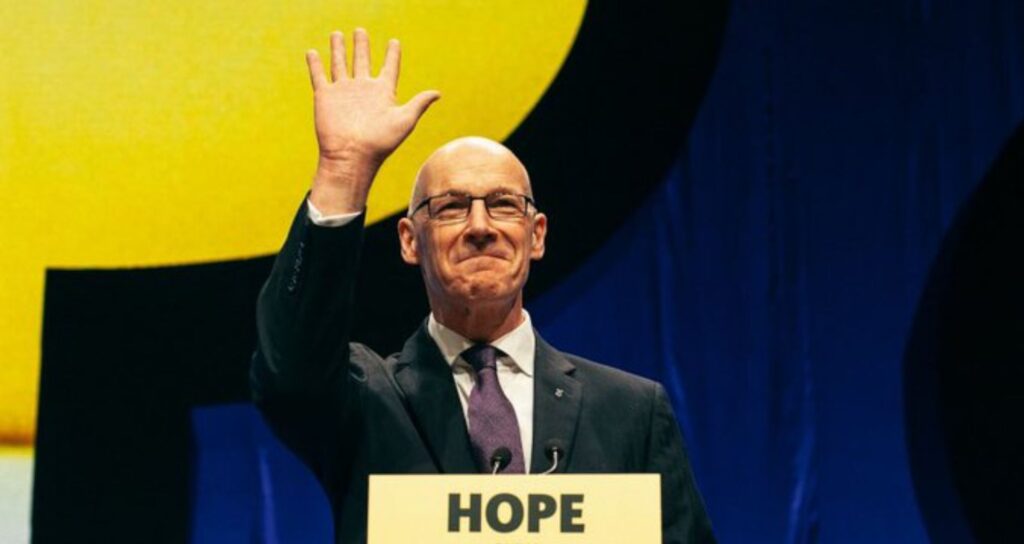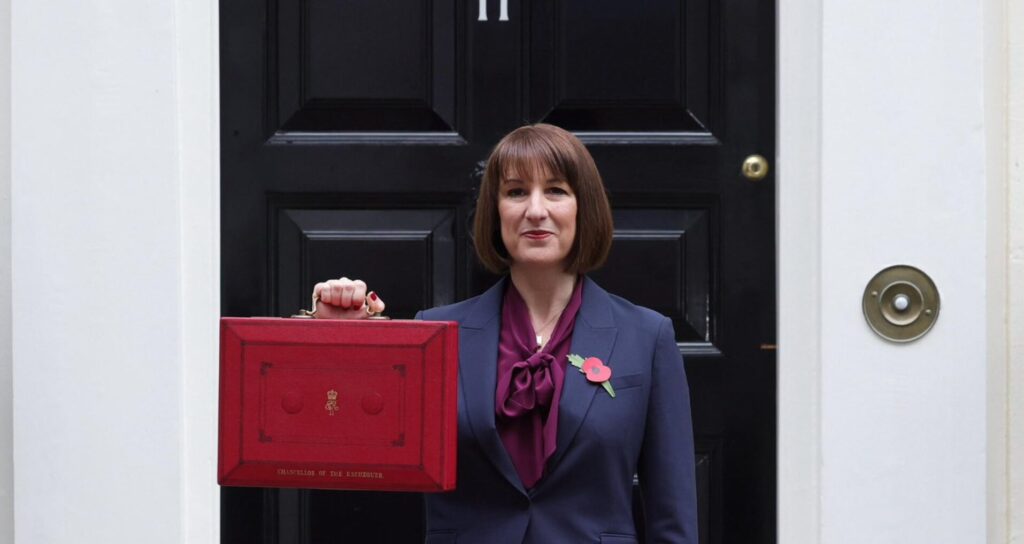I was on my way down to the pool to enjoy a final burst of sunshine on my short break to Gozo when a message popped up on my phone from my wife.
“Have you seen the air traffic control thing?”
I hadn’t but quickly realised the “thing” meant my travel plans, like anyone else going to or from the UK over the following days, were in disarray. A glitch in the UK system left planes on tarmacs, passengers stranded in airports and the joys of quick a Bank Holiday break dissipated for thousands of people.
I was staying with my cousin Tom and all through his career managing newspapers, he was brilliant at solving difficult problems so we quickly started working out if an alternative approach would work. Going via Paris looked like it could work. Just £50 for a one-way flight to the French capital made it appealing until I realised every Eurostar to London was booked and, in any case, by the time I looked again a few minutes later, the price had risen to £1,050.
To add to the fun, I was flying with Ryanair who often make it feel like apart from providing you with the plane, they have no obligation to do anything else – unless you pay. Their travel news page was a joke, the only thing on it asked me to sign a petition to help stop French ATC strikes, a pointless exercise at the best of times but a sick joke in the current situation.
Why is communicating flight delays so difficult?
In the end, I was one of the lucky ones. A three-hour delay was annoying but looking at recent Malta flights to and from Edinburgh with Mr O’Leary, that wouldn’t have been unusual.
At every stage though, just about all of those involved in dealing with this catastrophe failed badly to communicate to those affected or focused mainly on the thing most important to them instead of helping passengers. In some cases, especially very early on, it is inevitable that information will be limited. Until you know what the problem is, it’s important not to make false promises or add to the confusion with misguided solutions but as the situation wore on, that was not sustainable.
For example, when I got to Malta airport to check in 24 hours after the issues had been solved, I was told they had no idea if my flight would be on. Thanks to an app, I knew the incoming flight from Edinburgh was well on its way and that crew would probably have to get back to Scotland but was still advised not to go through security.
You’ll be glad to hear that Ryanair finally let me know I could change to another flight free of charge. But this came through by email on Wednesday – the day after I got home.

My handy email from Ryanair advising me to choose another flight… 24 hours after I had already flown home.
Don’t split hairs over details
On the same day, the head of Nats, the UK air traffic control company was saying he was confident that measures were in place to protect against the “incredibly rare” system failure which has left hundreds of flights cancelled happening again.
“If that happens again, we can resolve it very, very quickly,” Martin Rolfe said.
As someone involved in supporting communications for businesses in crisis situations, I was astonished at this.
First rule is don’t make promises you might not be able to keep. While he might be correct on a technical point, that matters little to those affected, A similar meltdown caused by something else will still feel the same. Those words may come back to haunt him.
Secondly, it’s little comfort if you are sleeping on airport floor to know that it will look better next time around. A golden rule is to focus on the issue in front of you and don’t speak about anything else until that’s sorted. It’s like a bank telling people about the great interest rates on a savings account (ha!) when they can’t access their account because of an IT issue.
And finally focus on the big issue and don’t split hairs. Rolfe said the International Air Transport Association director general Willie Walsh’s claims that the whole system had collapsed was “not quite accurate” and that the company “lost part of the system”. That’s no compensation for someone trapped in a foreign land with a couple of hungry and tired kids and little prospect of getting home. The outcome for them is the same as a total collapse.
And for some of the others involved, as well as Nats, it’s bad practice to focus on communicating about your issue without thinking about the impact on the end user so put yourself in their shoes and think about what they need to hear.

John and his cousin Tom on holiday. Smiling before the flight chaos began.
Flight delays are only one element of post-Covid travel chaos
I have sympathy with most airlines who had no control over the issue and their comms were generally limited to apologies and detailing what passengers should or shouldn’t do but as with Ryanair’s communication after I got home, it could be better.
Transport secretary Mark Harper’s role however appeared to be simply to point out that this was something for Nats and the airlines to deal with. But thousands of stranded Brits is surely a big enough problem for more Government involvement, maybe even a Cobra meeting. Aside from the inconvenience, it would affect productivity and the economy.
On the issue of the day, now things are getting back to normal, it is time to take a long-term view. Walsh, whose time as chief executive at BA saw large cost cutting and poorer service, did however make a good point. “The passenger rights system needs to be rebalanced to be fair for all with effective incentives.’
I was a little surprised to find there is no significant compensation for passengers who will be seriously out of pocket by this disruption. Airlines have a duty to get you home but that may mean, as in the case for my friend, staying three more nights in Marseille at your own expense before they can get you on a flight. Some reports suggested people were getting £100 when they were already £900 out of pocket.
Post Covid, travel in the UK seems to be in permanent crisis. Rail strikes and cancellations due to lack of staff, ferries that don’t work, HS2 uncertainty, dithering over upgrading notorious roads like the A9 in Scotland. This is a national emergency unfolding piece by piece but maybe that’s for another time.





